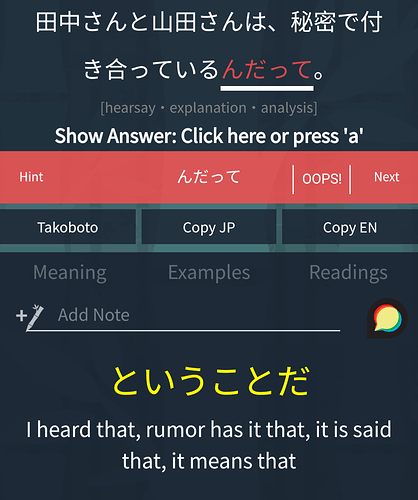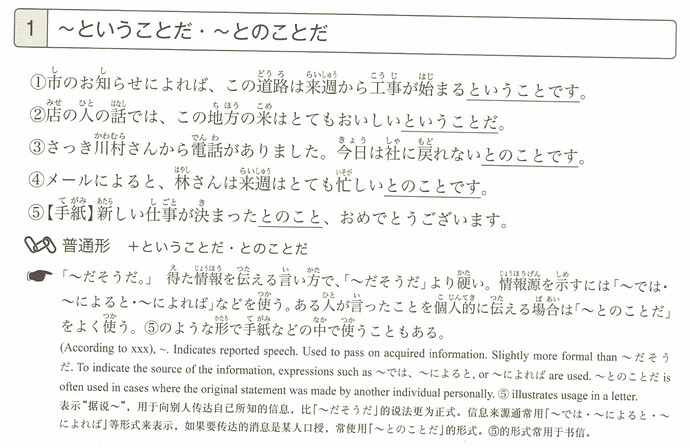The meaning would change!
By saying という言われていえる you would be saying “To be said, it’s possible to say”, so I’m guessing you probably meant "と言われている” as in “it is said”.
It would change to “but, that is said to be living”. It sounds kind of distant to me, and the meaning definitely goes another other way.
Huge mental gymnastics but, to me, it feels as if some aliens had some humans in a test tube or something and as these humans suffer and strive, the aliens would take notes as in “so that is what they call to be alive”. I know it’s far-fetched, but I hope it helped!







 )
)